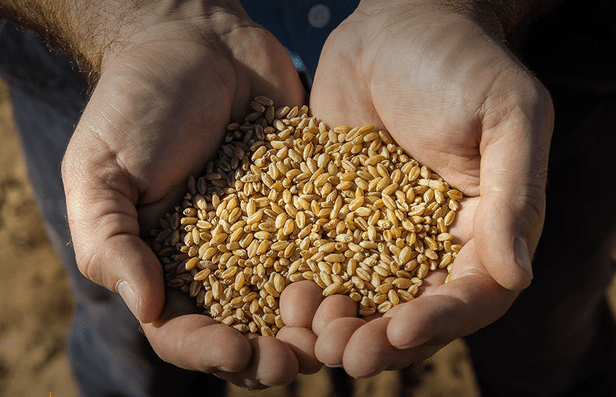
AUSTRALIAN Crop Breeders is undertaking audits of variety declarations made by growers in a bid to ensure seed companies are getting the money they are due through End Point Royalties.
Announced in September, the audits are being implemented to address what ACB as the peak body of seed companies sees as underpayment of EPRs to member companies, which use the funds to invest in further breeding.
In a statement issued last week, peak grower body Grain Producers Australia said it has held ongoing engagement with ACB regarding the role of EPRs to help deliver a more profitable and sustainable grains industry.
This engagement includes reinforcing GPA’s policy position that the system of collecting EPRs needs improvement to ensure it is more streamlined, cost-effective and user-friendly for growers.
ACB has acknowledged that the Annual Harvest Declaration process is cumbersome and a frustration point for growers, and has committed to reviewing the harvest-declaration system, with the aim developing a simpler and more grower-friendly tool.
GPA said it will continue to work with ACB to ensure any changes meet the needs and expectations of growers, improve efficiencies, and support changes that help plant breeders to receive a fair and equitable return through EPRs that enable the breeding of new varieties for the benefit of industry.
In response to the commencement of grower audits ealier this month, GPA immediately sought information from ACB to clarify key questions regarding audits initiated by some of seed companies in order to assess the accuracy of reporting and improve EPR compliance.
Growers with queries or concerns are asked to contact GPA or its state affiliates, or look for answers in ACB’s responses to GPA questions as follows:
What sort of information can/will be requested of growers?
Agriculture and Environment Australia have been contracted by four plant breeding companies to conduct audits. Growers will be asked to provide information relating to their 2020 and 2021 crops. This may include:
- EPR records;
- Tonnes harvested by variety;
- Tonnes retained for seed;
- Tonnes stored on farm;
- Tonnes used on far;
- Tonnes warehoused;
- Buyers of all sold grain and respective tonnages;
- Harvest declaration forms, bulk-handler reports and grain-trader reports, provided by the royalty collector; and,
- Farm map/s;
Verification information:
- Written authority to contact your agronomist and grant access to agronomic records;
- Your agronomist’s contact details;
- Full planting record;
- Harvest records; and,
- Grain samples.
Are the audits legally binding, and how does this relate/connect to the legal agreement on seed labels?
Yes, as per the terms of seed variety licence. If growers have made a genuine mistake, we will work with them to rectify and bring their EPR obligation up to date. Where growers are found to have deliberately mis-declared the EPR obligation, or they don’t wish to cooperate with the Audit process, the relevant breeding company will look to enforce its legal rights in accordance with the Grower Variety Licence. While there are serious penalties for non-compliance, these will be applied as a last resort. We want to see all growers fulfill their obligations and comply according to their requirement under the PBR Act.
How does the audit process work ie do they visit the farm for half a day and go through the books/paddocks/sheds etc?
Growers will be contacted by Agriculture and Environment Australia. Yes, it will involve an on-farm visit to collect the information outlined above.
Is there an audit fee, is this placed on the growers?
The cost of audit will be as outlined in the variety licence.
How do you determine which growers are being targeted for the audits and why/where?
Breeding companies have previously checked and followed up growers on an individual basis for inaccurate or missing EPR payments. The current program is a sector-wide formalisation of these activities, with several ACB breeder Members actively and independently auditing growers they suspect of benefiting without contributing.
What are the likely infringement penalties?
If the audit shows non-compliance then the grower will need to work with the individual breeding companies on a resolution. It is anticipated that this will involve paying any amounts owed.
Source: GPA

HAVE YOUR SAY